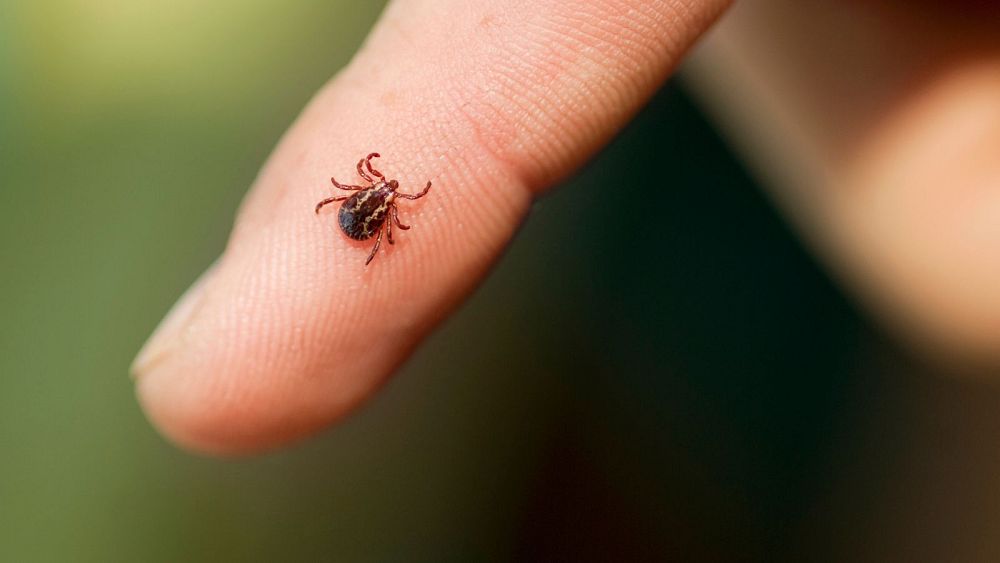
Warmer temperatures are transforming Europe into the perfect habitat for ticks carrying CCHF, a deadly virus which in the worst cases results in death.
Experts have been ringing alarm bells over the potential spread of Crimean-Congo hemorrhagic fever, or CCHF, which the World Health Organization (WHO) has listed among its 9 “priority diseases”.
The list contains the diseases which the organisation thinks are the biggest threats to public health.
Scientists’ warnings don’t refer to a hypothetical future, but to something that’s already happening in Europe, with Spain having already reported a case of the deadly disease last year.
The country actually detected its first CCHF cases in 2011 and 2016. In 2016, a man died after being diagnosed with the disease following a tick bite in Spain.
In an interview with Modern Diplomacy in April, Ali Mirazimi, a virologist at the Karolinska Institute in Sweden, said that the ticks carrying the virus were “moving up through Europe due to climate change, with longer and drier summers”.
CCHF has recently been detected in Iraq and Namibia, while in Pakistan, two people have reportedly died from the disease. Iraq suffered an explosion of CCHF cases last year, with a total of 212 recorded incidents between January 1 and May 22.%20are%20laboratory%20confirmed.) This year, there’s been an estimated 100 cases already, with 13 deaths.
What is CCHF?
CCHF was first detected in Crimea in 1944, which is where it takes its name from.
It is caused by a tick-borne virus, Nairovirus, which belongs to the Bunyaviridae family. The virus causes severe viral haemorrhagic fever outbreaks- with symptoms like high fever, headaches, back and joint pain, stomach ache, and vomiting- and has a fatality rate of 10 to 40 per cent.
In severe cases, jaundice, mood swings and sensory perceptions also appear on the list of symptoms caused by the virus, according to the WHO.
Some animals, like cattle, sheep, and goats, are susceptible to the virus. Humans can contract the virus by either being bitten by a tick carrying the virus or getting in touch with infected animal blood or tissue during and immediately after slaughter.
For this reason, a majority of cases of CCHF in humans has involved slaughterhouse workers and veterinarians.
If bitten by an infected tick, the incubation period of the virus in humans can usually last between 3 and 9 days. People can transmit the virus to each other through contact with the blood, secretions, or other bodily fluids of infected persons.
Those who recover do so in about the ninth or tenth day after falling ill. Those who succumb to the disease die on average in their second week of illness.
How should we protect ourselves?
The good news is that, should you get CCHF, there’s a treatment that has proven effective in curing the disease, the antiviral drug ribavirin.
The bad news is that, though an inactivated vaccine has been developed and is used on a small scale in eastern Europe, there is currently “no safe and effective vaccine widely available for human use,” according to WHO.
But there’s plenty of measures you can take to reduce the risk of infection and avoid being bitten by ticks.
If you’re in an area prone to having ticks- like the countryside, grassy parks, and similar- wear long sleeves and long trousers, and in general light-coloured clothing, so that you can easily spot ticks.
There are sprays available to kill ticks, as well as repellents and tools to remove ticks safely. Be careful though: swatting them off carries the risk of parts of their bodies staying inside your skin.
People working with cattle and other animals affected by CCHF are encouraged to wear protective gloves and clothes when handling them.